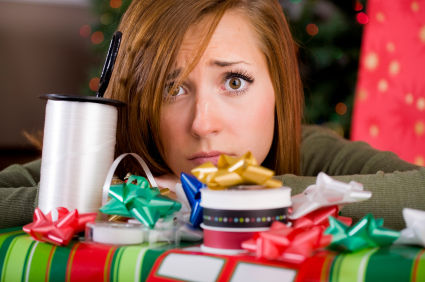This month’s spotlight is on back to school supplements. I feel like September used to be the back to school month, but now it seems that everyone is starting in August (I really can’t believe that we’re nearing the end of summer).
Multivitamins
A daily multivitamin is not a substitute for a healthy diet, but rather it’s an insurance policy of sorts for filling out nutrients that may be missing from a person’s diet on a regular basis. Multivitamins for children are especially important since most kids aren’t known for having the most healthy or varied diets. Daily multivitamin use in children has even been associated with an increase in IQ and academic performance.
Omega 3 Fatty Acids
Omega 3s are incredibly important for school aged children (and everyone). Omega 3 fatty acids play a large role in brain function, focus, and concentration. The body cannot manufacture omega 3 fatty acids, they must be obtained through diet. If your child is not eating fatty fish on a regular basis, it is likely they are deficient. The company Barleans has a delicious tasting fish oil liquid that is not fishy tasting at all, in fact, my daughter would drink the whole bottle at a sitting if I’d let her. I really can’t recommend omega 3s for kids enough. In fact, I’ve had a number of customers report an impressive change in their children’s behavior and concentration at school after beginning supplementation.
L-Theanine
Stress and anxiety are a real problem for many school age children. L-theanine, an amino acid derived from green tea, is a natural and effective supplement that is helpful for children and adults of all ages to reduce stress and anxiety as well as improve focus and concentration. Theanine works by promoting alpha brain waves, the type of brain waves that produce a calm, relaxed state. Unlike many herbs or supplements for stress it will not make you tired. We have theanine in chewable tablets or capsules, as well as a chewable formula made for young children called Relax-a-Saurus by KAL’s Dinosaur brand.



